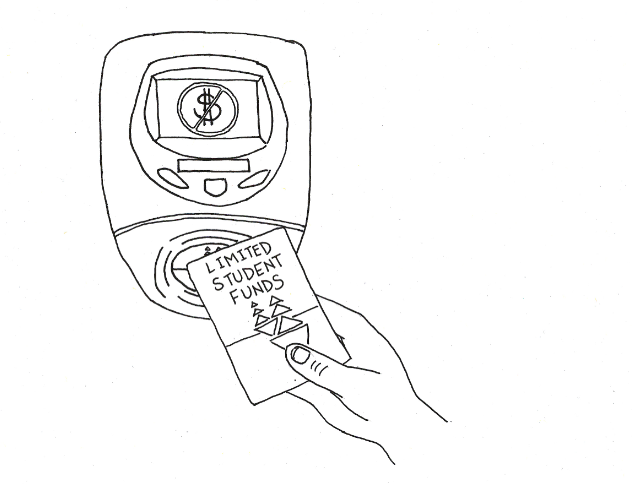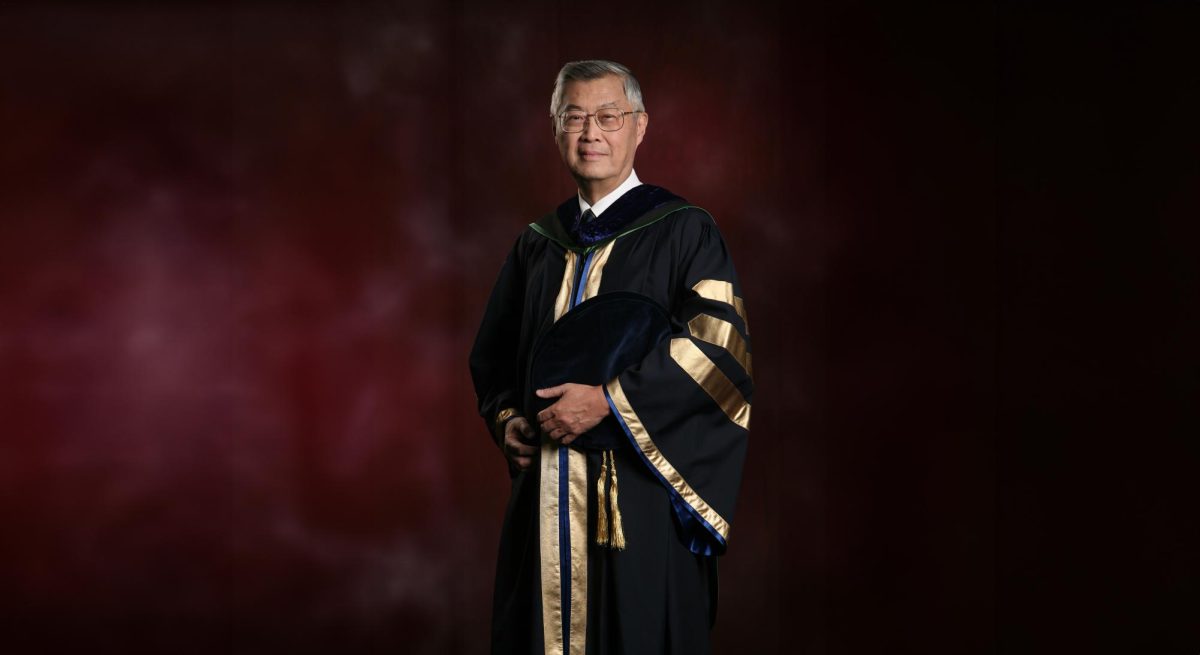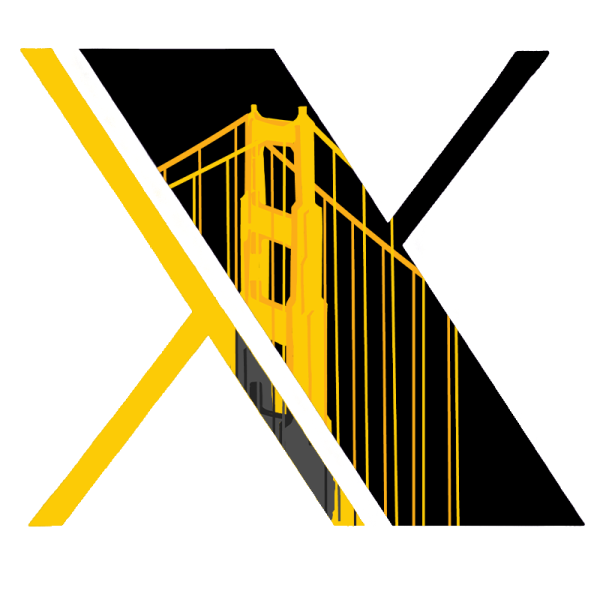 Eighty-nine percent of SF State students live off-campus, which makes transportation critical to our University’s success. But out of all 23 CSU campuses, SF State is the only one that does not offer a parking permit that covers off-campus students for every day of the week for an entire semester.
Eighty-nine percent of SF State students live off-campus, which makes transportation critical to our University’s success. But out of all 23 CSU campuses, SF State is the only one that does not offer a parking permit that covers off-campus students for every day of the week for an entire semester.
SFBay recently reported that a number of California colleges aid students in transportation dues. With the cost of living higher than ever in San Francisco, relief on the transportation front would certainly help ease the strain on SF State students.
SF State offers very little in the way of cost relief to students that take public transportation.
SF State has the fifth largest student population out of the entire CSU system. It is widely recognized as a commuter school. The large off-campus population of SF State is a testament to that.
A limited allotment of parking permits for off-campus students are sold at the start of the semester for Monday and Wednesday or Tuesday and Thursday blocks. The cost is $192, and allows students to park in Lot 20, while a daily parking pass is $6 versus the two-hour pass at $3.
If $400 per semester to park on campus four days a week is too much, the driver’s next option is to fish for parking off 19th Avenue or Lake Merced Blvd. Two- and four-hour parking spaces can be found around the Parkmerced neighborhood. Use of these spaces forces drivers to move their car throughout the day, or be left without any parking when scheduled street cleaning takes place between 8 a.m. and 10 a.m. nearly every week on some streets.
Transportation woes don’t end with those who drive to school. Muni passes run $66 a month, adding up to around $264 in a single semester, not including BART fare if needed.
To help students, the University has a shuttle that picks up students and takes them to and from the Daly City BART station at no cost. There is also a free roundtrip Muni transfer available to board the 28 bus to SF State from the same BART station if the student is transferring from BART with a Clipper card. Both options provide a no-cost method for students to take advantage of, but other CSUs go even farther.
San Jose State University has a deal with Santa Clara’s Valley Transportation Authority to issue public transit passes — known as ECO passes — for students on a per-semester basis. With an ECO pass, students can enjoy unlimited free rides on the Santa Clara VTA busses or light rails for free.
California State University Long Beach offers free rides on any Long Beach Transit line going directly to the Long Beach campus for students. Cal State Fullerton has a similar program through the Orange County Transportation Authority.
SF State should find more ways to help provide students with cheaper transit options. With the merging of two student body governments now underway, isolating ways students can have less of a financial burden should be paramount.
As transportation to SF State is a concern for most students who attend, finding ways to increase public transit discounts and make campus parking for drivers more affordable and friendly would not only show concern for students who choose to attend SF State, but it will benefit their financial well-being.








hp2ena • Sep 24, 2013 at 10:46 pm
No, parking is probably the worse that could be considered, considering SF being a Transit-First city and is attempting to diversify modeshare over the next 10 years. Also, with the SF State Master Plan and the nearby Parkmerced development, this plan would only intensify congestion, especially on the 19th Avenue corridor.
Here’s what I suggest: The CSU should pay Muni (or BART) to allow students from SF State to ride for free. This fee would be paid for by tuition, similar to how UCB does it with their class pass, which entitles them to ride all AC Transit, including Transbay service, free. They should also pressure Caltrans to stripe a dedicated transit-only lane (from John Daly to Taraval), so buses won’t be stuck in traffic during peak hours. That’s one way you make transportation equitable and accessible, not by providing permit parking which only makes traffic worse.